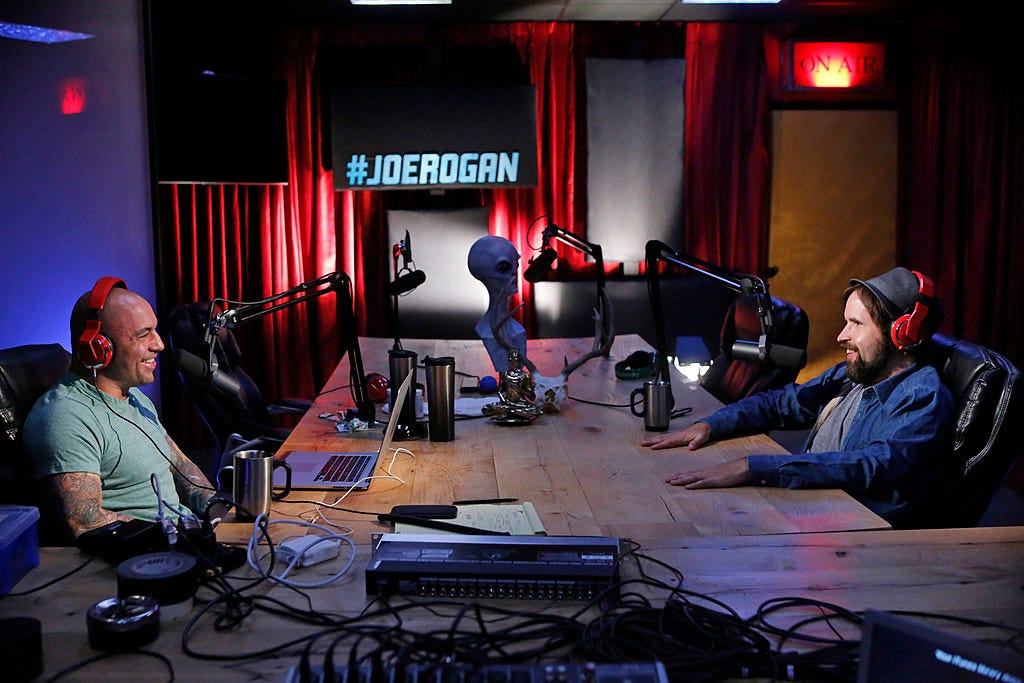Where's our Rogan?
How the right co-opted "meeting people where they are." And how the left can wrest it back
Here is a paradox of the 2024 election result: Democrats advanced what they believed to be a profoundly inclusive platform, but they read to many voters as an out-of-touch, elitist party. Meanwhile, Republicans advanced a flagrantly exclusionary agenda, almost exclusively favorably to the richest and most powerful Americans, and they read to many voters…




